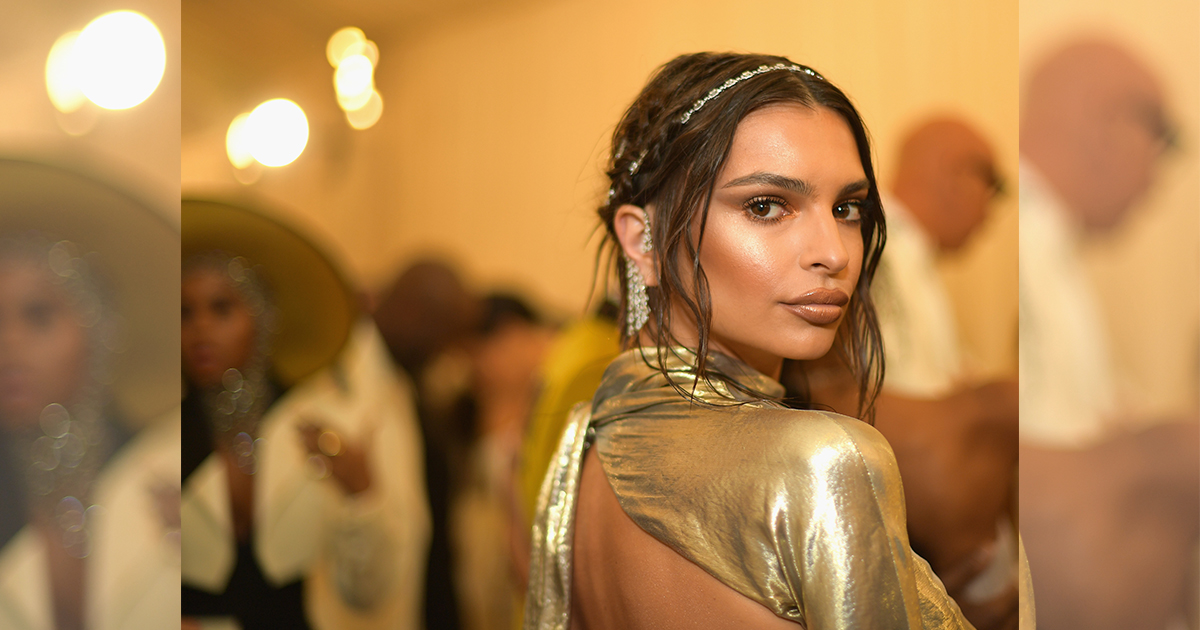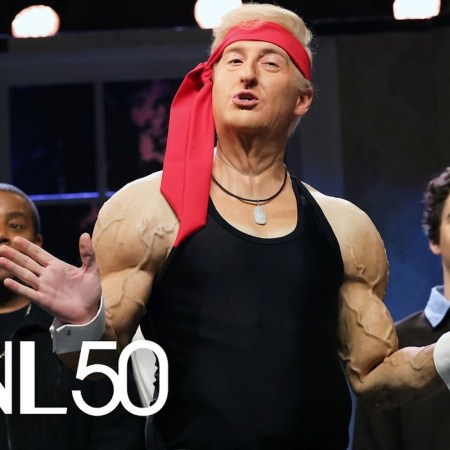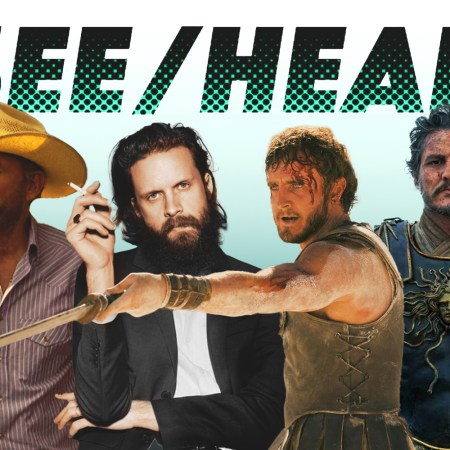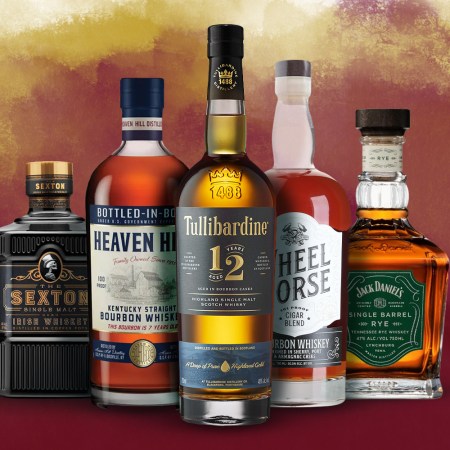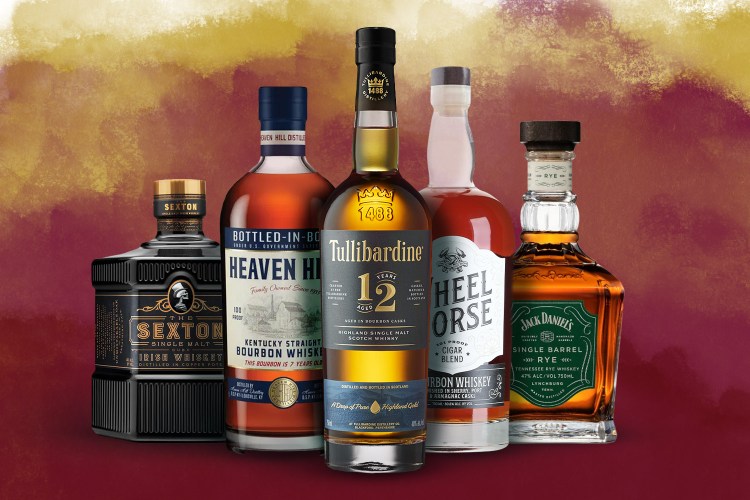Spencer Boldman doesn’t remember the ‘80s. Born in 1992, the former Disney Channel actor never had to use a pay phone or a beeper, and wasn’t conscious for Betamax cassettes or new episodes of Knight Rider.
But you wouldn’t know it for how effortlessly he slips into the role of Gio Fortunato in Cruise. Portraying a working class Italian in 1980s Queens, Boldman stars opposite model Emily Ratajkowski in Robert Siegel’s steamy independent flick, which made its online and limited theater debut release today. Don’t expect the movie to have a ton of substance — it’s not really supposed to, Boldman tells RealClearLife. But anyone who grew up in the ‘80s, or has an appreciation for it, won’t mind that at all.
Here’s what Boldman had to say about classic cars, ’80s cheese, and sex scenes with @emrata.
This interview has been lightly edited and condensed for clarity.
RealClearLife: Your character and Emily Ratajkowski’s character have palpable, almost innocent chemistry at times, even though they hook up the first time they meet. What was it like to play a character whose love interest is portrayed by one of the most famous models in the world?
Spencer Boldman: I wasn’t nervous at all, I was actually excited…She was perfect for the part.
The love story between the two characters isn’t necessarily intended to be this epic romance where they’re falling in love — it really is a story about two young people coming together and each having something that benefits them mutually…you’re supposed to like them together and root for them in ways, but not necessarily think that they should be with nobody else.
I think a lot of dating when you’re young is about finding what you like and what you don’t, what works and what doesn’t. When you’re young, things are hot when they’re hot, and then they just kind of like, go away. I think that that’s okay — the bigger point of the movie is just about — it’s a love letter to New York — but it’s just about that period in your life when you’re just wanting to gain some perspective. And it’s done against this really fun, sexy backdrop of the youth culture in the 80s.
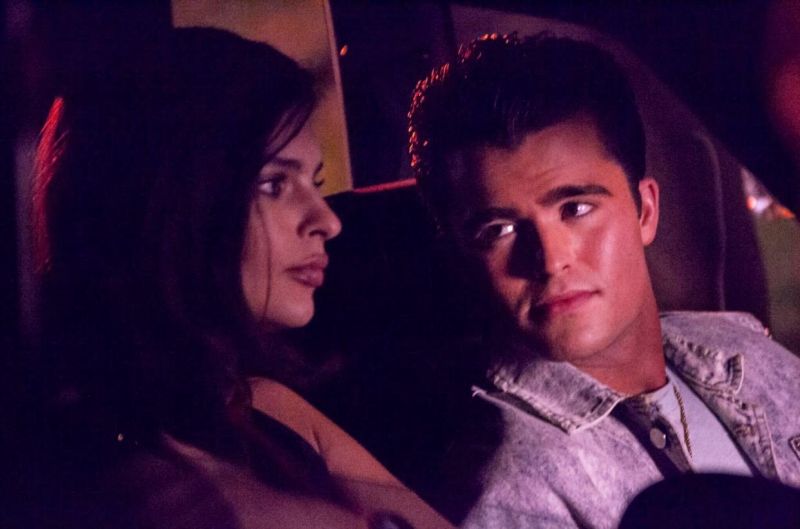
RCL: Tell us about the most fun day you had on set.
SB: Every single day was fun. It was so funny, I had to use a pay phone — it was one of those things that it was hilarious to film. It was a little bit of a learning curve for me as well — obviously I’ve never used a pager — and I don’t really know how to use the pay phone either, so it was really funny from that perspective…I know that’s such a cliche, but I worked with insanely talented people and I just appreciated being around an environment that was creatively stimulating…[Director] Rob Siegel was an absolute dream.
RCL: What was it like to play a character living in the ‘80s when you didn’t grow up during that time period? How did you get into that headspace?
SB: I always have been a big fan of the classic American cinema and I would even venture back to the ’50s and ’60s — I’m [a fan] of Cool Hand Luke and Rebel Without a Cause…[but] you’re totally correct, I didn’t really know much about that time period until I started diving in and researching for the role. And I’m such a big fan of anything ’80s now, whether it’s anything influencing pop culture or fashion or music, and definitely the cars in the movie were pretty epic as well.
[The movie] is not super intense content wise, on purpose. And it’s about a time in a guy’s life [when he’s] dreaming of something different — not necessary better — and wanting to gain perspective, about his family and his friends, and a summer romance, and how that all kind of intertwines.

RCL: What were the most challenging parts of Gio to play?
SB: Going into the movie, what I really wanted to convey to the audience was just a really layered character. I didn’t want him to just be the guy who has the chicks and has the life…what I really wanted to bring to life were his vulnerabilities, the juxtaposition of how he is between his friends and family, and this girl he’s incredibly intrigued by.
I hope it comes across to people that he is, even though on the outside everyone thinks he’s this badass — and he is a badass — but he struggles with wanting to find a place in the world and acceptance just like everybody else.
But again, kind of going back to the ’80s thing —The movie, to me, is funny in a lot of places. How he picks up chicks or how they speak to each other, I just don’t think you could necessarily get away with in this day in age, I don’t think people would think it’s as funny.
There’s that ’80s cheese that elevates that tone. I’m so happy with how it was played in the movie because it adds a little bit of comedy, and obviously aids in the fact that it’s an ’80s movie, but doesn’t shove it down your throat.
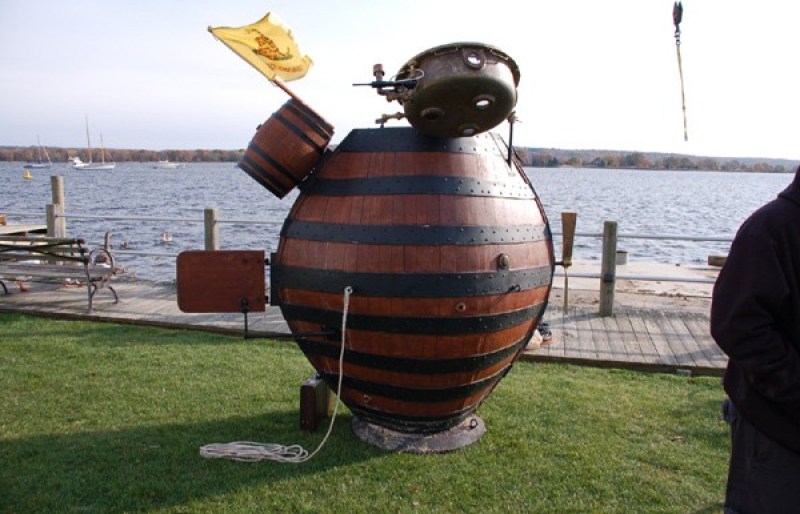
RCL: Tell us a little bit about the role that food plays in this movie, because you guys eat a lot. Why do you think it’s important to the characters and their culture?
SB: It centers around home and family. Food brings people together, it brings everyone to the table…their friends are like their family, and obviously eating good Italian food will make you want to get to the table as well — it’s done in a really subtle way, but it’s one of those things where you’re nothing without the people that you love. And you see the dynamics of the family, which is equally funny and heartwarming. They care about this guy, they wanna make sure he’s fed before he walks out the door.
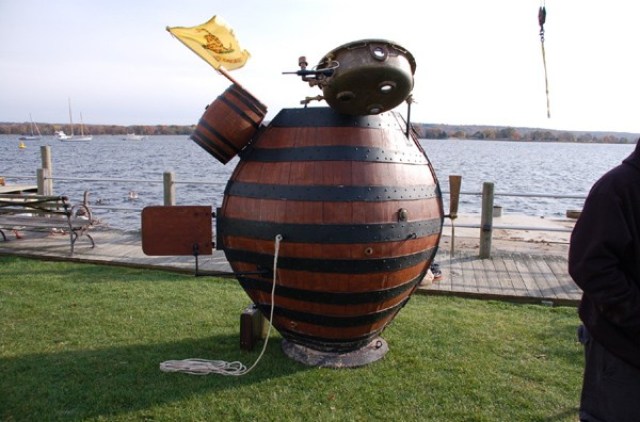
RCL: What do you think audiences are going to enjoy most about the movie?
SB: That it was fun, that it was sexy, that it was a good time, that it was a popcorn movie, in a day and age where we live and everything is so polarizing and intense, it provides that classic movie experience where you get to escape. It’s a hangout movie. When it’s on HBO eventually, and in the movie section, [I hope] people see it and say — ‘put that movie on.’ Obviously I want them to connect with the characters and what not, but it really is a nostalgic fun movie. I hope it brings people back to the days — those glory days of cruising the boulevard— and I think for a younger generation it shows them that life gets better, and experiencing everything that you possibly can in life is important.
This article was featured in the InsideHook newsletter. Sign up now.
